Diabetes during pregnancy ups child’s autism risk
Children born to women who develop diabetes during the first or second trimester of pregnancy increase their risk of autism by 42 percent.

Children born to women who develop diabetes during the first or second trimester of pregnancy increase their risk of autism by 42 percent.
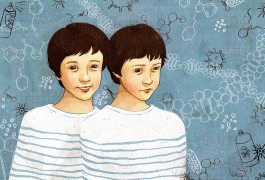
The genetic makeup of an individual plays much a bigger role than environmental factors in whether he or she develops autism, according to one of the largest twin studies to date.
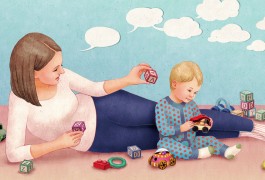
A new study is the first rigorous test of a controversial idea: that the everyday interactions between caregiver and child can shape the course of autism.
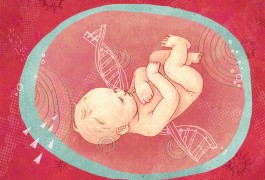
Children with too many or too few copies of certain genes are more likely to have autism, as are children born to women who battled a severe infection while pregnant. These seemingly disparate risk factors may work together to worsen autism symptoms.
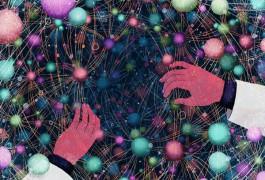
To optimize the search for autism genes, researchers should collect large numbers of sequences — but the sequences need to be of the right kind, says Michael Ronemus.
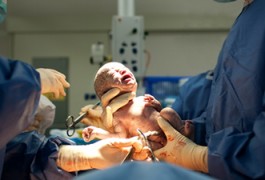
Mice born via cesarean section show subtle social deficits and increased immune and stress responses, suggesting a link between microbe exposure during birth and behavior. Researchers presented the unpublished work today at the 2014 Society for Neuroscience annual meeting in Washington, D.C.
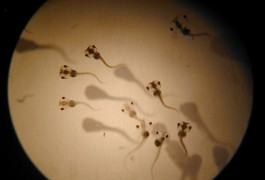
Valproic acid, an epilepsy drug that increases the risk of autism, may alter neural circuits by opening up chromatin, a tightly packaged form of DNA in the nucleus. Researchers presented the unpublished data today at the 2014 Society for Neuroscience annual meeting in Washington, D.C.

Children later diagnosed with autism understand different types of words at 12 months of age than their typically developing peers, according to unpublished research presented Tuesday at the Autism Consortium Research Symposium in Boston.
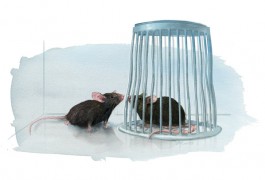
Mice with an extra copy of the autism-linked gene UBE3A show abnormal social behavior after experiencing recurrent seizures. The findings, presented Tuesday at the Autism Consortium Research Symposium in Boston, provide one possible explanation for why seizures and autism often go hand in hand.
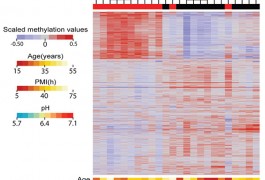
Methyl tags on DNA are distributed differently in postmortem brains from people with autism than in control brains, and mouse pups can inherit altered methylation from their older fathers, report two new studies.